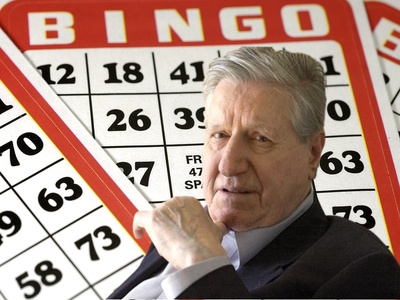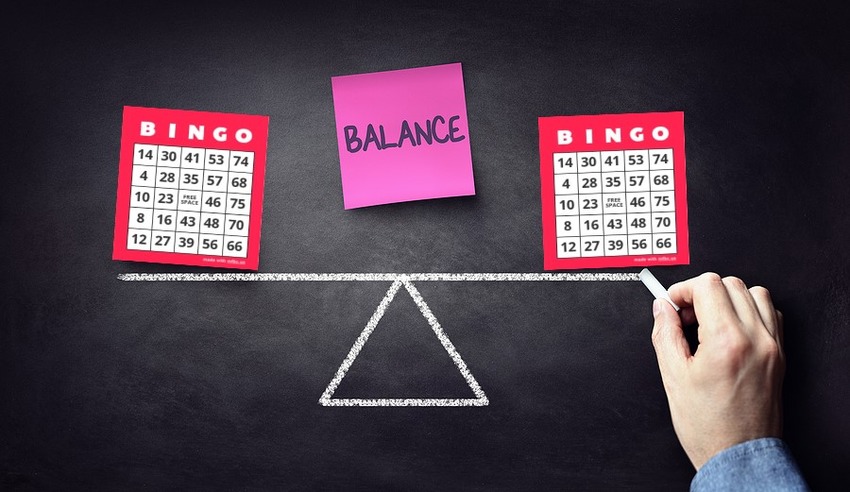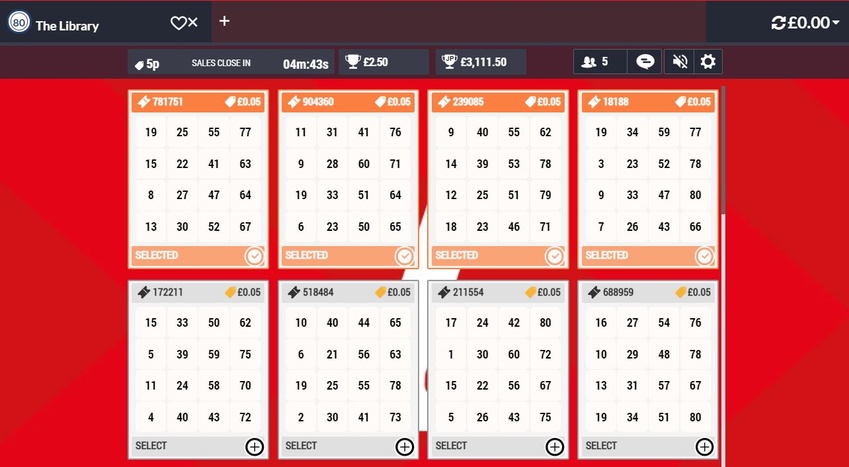 I have preached many times on this very site, that bingo is a game of pure chance.
I have preached many times on this very site, that bingo is a game of pure chance.
There is no skill involved, there is nothing you can do to improve your chances of winning other than buying more bingo tickets, and the odds for each individual ticket will always be exactly the same at the start of the game.
However.
That hasn’t stopped people coming up with theories and strategies on how to ‘beat’ the game.
Arguably the most well known of these, is the Granville theory, created by Joseph E Granville, which requires the player to select their cards based on a few different aspects.
This theory was designed for the American game, which is 75-ball bingo, so that’s how I will explain it in this article, but the same thinking could be applied to the 90-ball game by making a few little tweaks.
How the Granville Theory Works

Joseph E Granville was not just some random bingo fan.
The man was a well-known and respected stock market analyst who ran a financial newspaper called The Granville Market Letter from 1963 until 2013, when he died aged 90.
This tells you that he certainly knew his way around numbers, so you might expect his bingo theory to be the golden ticket you have been searching for.
Sadly, it’s not.
As the name suggests, it is a theory only, and in practice, will not help you at all, but here is how it works.
It is based on the idea that number balance and probability will come good in the long run, so with this in mind, the player should pick bingo tickets with numbers that are evenly spread.
In other words, they should be as different to each other as possible.
The three things to consider are:
- High and low numbers
- Even and odd numbers
- Numbers ending with 0-9
In other words, aim for a card that has a nice balance between high and low numbers, as well as a balance between even and odd numbers. At the same time, try to ensure that you don’t have too many numbers that end in the same digit – so of the 24 numbers on the card, you should have at least two ending in 0, two ending in 1, two ending in 2, and so on.
Clearly, this is going to be fairly difficult to achieve, and even where it was possible to choose the exact tickets you wanted, it would take an awfully long time to compare them all.
This is one reason why the Granville theory isn’t really a practical solution to winning at bingo, but the other, is that while the theory might make mathematical sense over the long term, it won’t bare fruit during your afternoon session in Margate.
It’s just like flipping a coin.
Logically, you should get heads 50% of the time and tails the other 50% of the time, but in reality, you will rarely get those results over a small sample of coin tosses. It would take millions of tosses to balance out.
Can You Choose Your Own Tickets at Bingo?

As I have explained, Granville’s theory relies on the player picking their own bingo tickets for every game, so it makes sense to explore whether this is even possible.
I suppose that, technically, it is possible, but are you really going to be the person who demands to flick through all the tickets before choosing the ones you are going to play with?
Can you imagine the daggers you would get from everyone else in the ever-extending queue behind you?
In all probability, big clubs wouldn’t let you do this anyway.
Most offer physical bingo tickets or digital versions, but the physical books are mass produced so you just get the page at the top of the pile when you hand over your money.
If you are playing online, however, there is more opportunity to be selective.
Many bingo platforms display a large number of tickets and you can either let them select for you, or you can select them yourself.
There is no issue here because the games run automatically regardless of how many people have bought in, so you can spend as long as you like analysing the tickets on offer. If you do that though, you aren’t going to get much bingo in.
Given that the Granville only really works ‘in theory’, you have to ask yourself if all of that time spent sifting through tickets is really worth it?
I would say not.
Granville believed in it though, he even wrote a book called ‘How to Win at Bingo’ in the 1970s, so if you are really interested you could try and find a copy for some light bedtime reading.
Or, you could read this article on which bingo numbers are called most often, according to a study.
